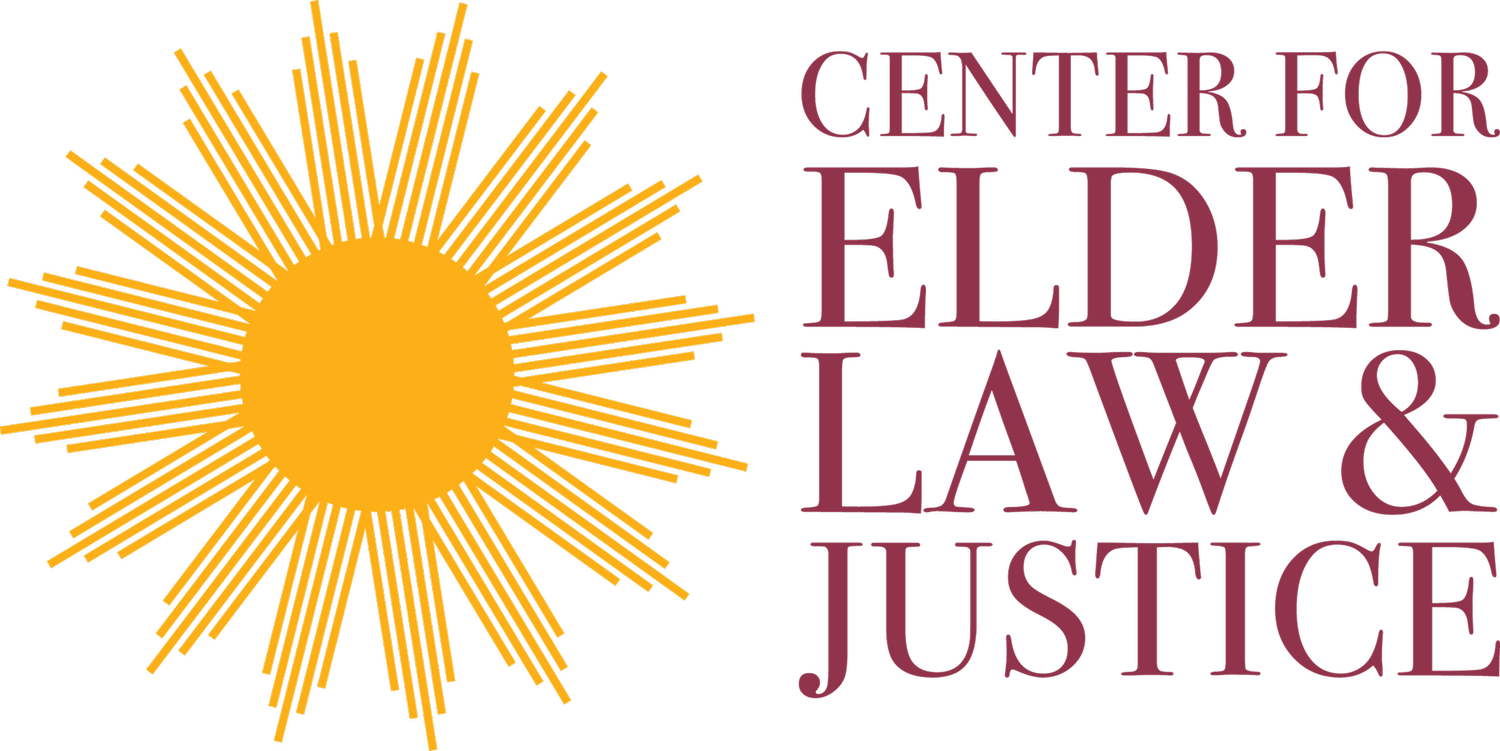Self-Advocacy Tips for Nursing Home Residents & Families
The Buffalo News story published today, “Through the glass, laughter and tears in visit to 107-year-old mom at nursing home” highlights the resilience of residents, families, and staff as we learn how to live through our current reality. The story also highlights concerns from residents, family and staff as they grapple with isolation, staffing concerns, and quality of care and life issues.On Monday, March 23, the Centers for Medicare & Medicaid Services (CMS) announced that for the next three weeks, all CMS and state survey agencies (NYS Department of Health will focus only on the following types of surveys (investigations):
Complaints that are triaged at the Immediate Jeopardy Level; and
Targeted Infection Control Surveys.
This means, over the next three weeks, the NYS Department of Health (DOH) will not be conducting standard annual or complaint investigations (unless complaints trigger an Immediate Jeopardy situation), or life safety code and emergency preparedness surveys. In addition, CMS has suspended a variety of enforcement actions. There are many good nursing homes in WNY, however there are also bad ones. Everyone in long-term care is feeling the impact of the pandemic: residents, family, and staff. However residents in nursing homes still have rights and must have access to quality care. As such, we offer the following tips for self-advocacy:
Know who to contact at the nursing home for questions or status updates about your loved ones. Many nursing homes will have staff that serve as the ‘point person’-find out who that is;
Ask questions on what the nursing home is doing to protect the residents. For example:
Will there be family council conference calls?
What are staff doing to keep residents safe?
How can I arrange for a televisit with my loved one?
Are their medications or plans of care being changed?
Do residents have ready access to their physician or nurse practitioner? (Even if it is through telehealth?)
If there are staffing challenges, what is the facility doing to address it?
Communication is a partnership amongst everyone involved and is a major component to keeping residents safe.
This means nursing home staff, residents, and families must be responsive, receptive, and understanding. Everyone is stressed, and while there are times we must all take a step back to calm down, timely responding to resident and family concerns goes a long way in reducing stress and addressing care concerns.
CMS has shared with nursing homes an infection control checklist and the infection control survey developed by CMS and the CDC. Residents and family should be kept up to date how the facility is addressing the Coronavirus.
The above are just some of many tips. While DOH and CMS are focusing on controlling the Coronavirus outbreak and nursing home inspection prevention and control practices, DOH is still responsible for investigating complaints, and we encourage residents and families to file complaints if issues/concerns are no being resolved. If there is suspicion of abuse and/or neglect, we encourage complaints to be filed with the NYS Attorney General. Information on filing complaints can be found in our “Where to Turn When you Have a Nursing Home Concern,” Factsheet. Again, to be clear, nursing home residents still have rights. We have been hearing that certain nursing homes in WNY have been violating these rights. For example, if the nursing home (also referred to as skilled nursing facilities or rehabilitation facilities) tells a resident they must be transferred to a different facility or other location, the resident has the right to appeal and remain in the facility. The Center for Elder law & Justice is available to address your questions and concerns pertaining to nursing home (and assisted living) residents rights issues. Please call us with any questions at (716) 853-3087.
